|
|
|
Editor's note
|
|
Nau mai, haere mai - welcome to your New Zealand newsletter.
This week in Climate Explained a reader asks why we don’t focus all our efforts on preparing for climate change impacts rather than trying to reduce emissions. In response, Victoria University of Wellington associate professor Ralph Chapman explains why it is crucial that we curb emissions and how mitigation is one of the best investments humanity will ever make.
Meaningful work can be an important part of well-being, but results from the New Zealand Workplace Barometer released this week show that more than a quarter of employees experience depression often. Massey University expert on workplace culture Tim Bentley says the project’s aim is to understand the causes of psychological workplace risks and to help organisations to improve worker health by attacking any problems at their source.
New Zealand’s government statistician resigned last week, following the release of an independent review of the 2018 census. It was the first census to be carried out online, but fell well short of its target response rate. Māori responses in particular were low, 20% down on the previous census. Maria Bargh at Victoria University of Wellington and Arama Rata at the University of Waikato have analysed voter participation in local iwi elections and
argue that maintaining other, non-digital voting options encourages participation.
Can you still remember life before smartphones? AUT information systems expert Lena Waizenegger and her colleagues report on a study in which they asked volunteers to give up their devices and travel digital-free.Participants tracked their emotional response to the technology disconnect - and while they reported heightened anxiety at first, they overcame their initial reaction and eventually came to enjoy the digital-free experience.
And this week, the team at The Conversation UK launched a news special, rounding up the best coverage on vaccines from across The Conversation’s global network.
You’ll find plenty more news and analysis in this week’s newsletter as well as on the New Zealand page. Many thanks for reading! If you know someone who would enjoy this newsletter, feel free to share it. They can subscribe here. Ka kite anō i tērā wiki.
|
Veronika Meduna
New Zealand Editor
|

|
|
Top stories
|
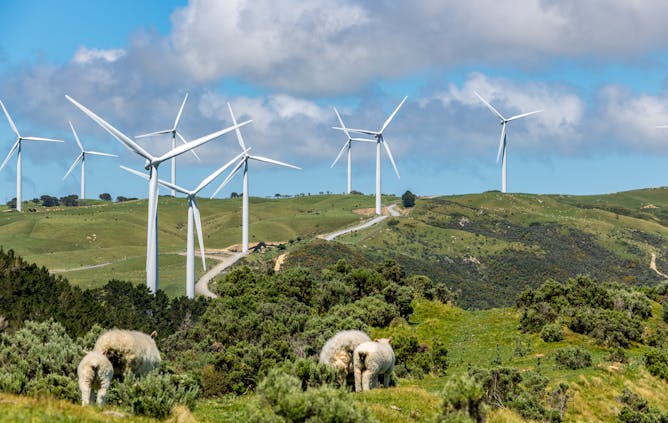
Research shows the cost of damage through climate change will be much greater than the costs of reducing emissions.
from www.shutterstock.com
Ralph Brougham Chapman, Victoria University of Wellington
New Zealand is small and generates a tiny fraction of global greenhouse gas emissions, but investment in cutting emissions is important and could influence other, larger countries.
|

Many workers are exposed to work environments that leave them feeling depressed and burnt out.
from www.shutterstock.com
Professor Tim Bentley, Massey University
Data from a workplace barometer study show more than a quarter of employees felt depressed often, a half said depression affected their lives and for 8% life was "very or extremely difficult".
|

astarot/Shutterstock
Brad McKenna, University of East Anglia; Lena Waizenegger, Auckland University of Technology; Wenjie Cai, University of Greenwich
Technology-free holidays can feel unbearable at first but this soon gives way to a better experience.
|
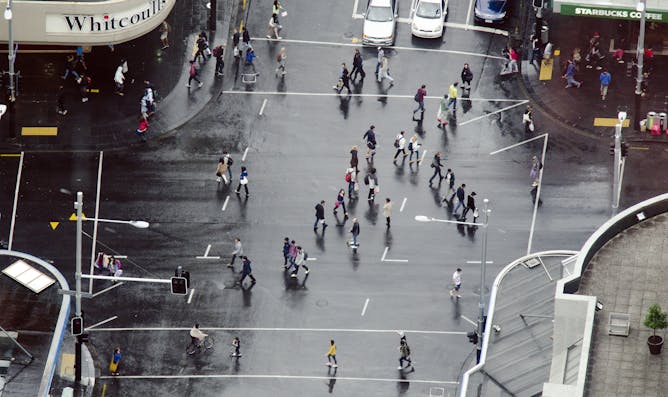
New Zealand’s 2018 census was the first to be carried out online, but it captured only 83% of people, a response rate 9% lower than the previous census. Māori responses dropped by 20%.
from www.shutterstock.com
Maria Bargh, Victoria University of Wellington; Arama Rata, University of Waikato
The failure of the 2018 census to get a good response rate highlights the need for multiple voting options to increase participation, particularly of Māori.
|
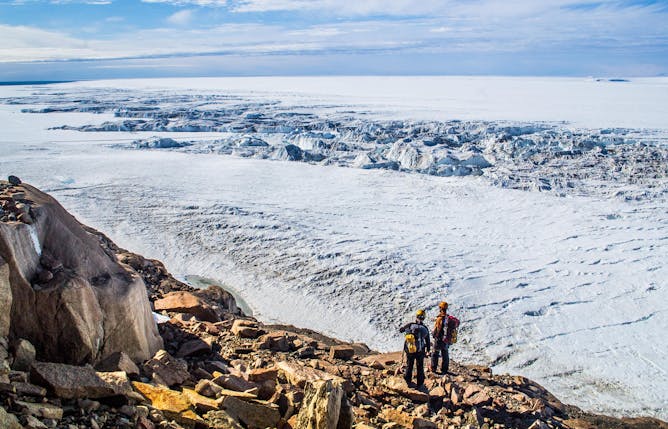
Since the last ice age, the ice sheet retreated over a thousand kilometres in the Ross Sea region, more than any other region on the continent.
Rich Jones
Dan Lowry, Victoria University of Wellington
New research shows that ocean and air temperatures both contributed to the melting of Antarctica's Ross Ice Shelf in the past, but melting from below by a warming ocean became more important over time.
|
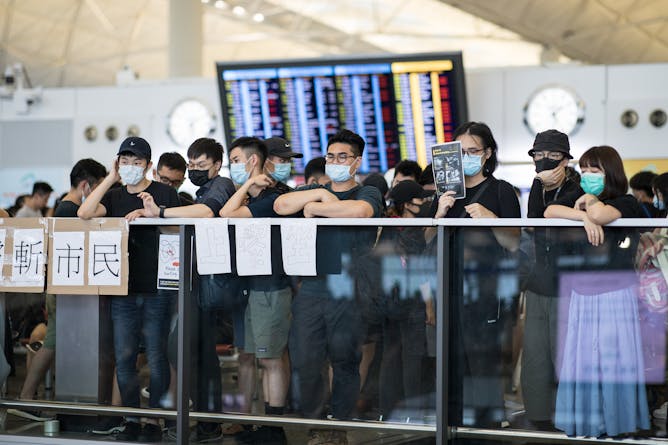
Protestors in Hong Kong airport on August 12.
Jerome Favre/EPA
Nicholas Ross Smith, University of Nottingham; Mark Boyd, University of Auckland
What Beijing could learn from the British response to the 1967 Hong Kong riots.
|
From The Conversation's international editions
|
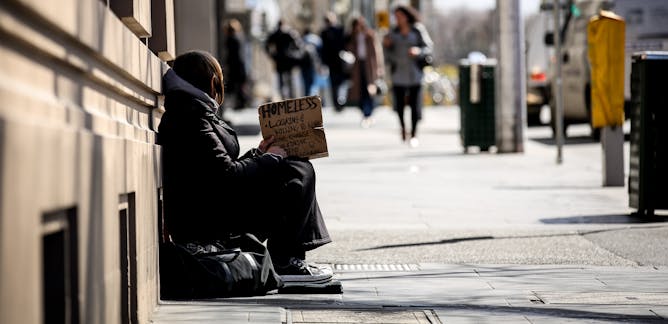
Jen Couch, Australian Catholic University
Young refugees are at high risk of being homeless in Australia. A five-year study has found re-establishing connections with their communities was the pathway out of homeless for most of them.
| |
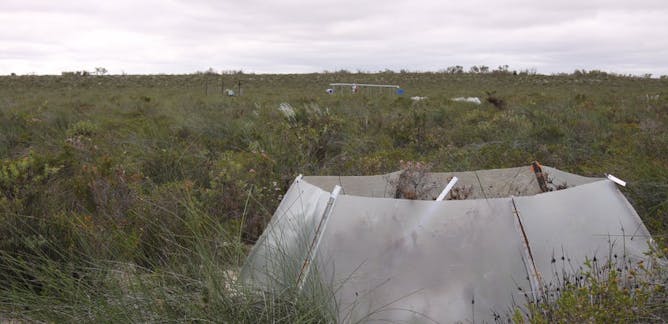
Anna Hopkins, Edith Cowan University; Christina Birnbaum, Deakin University; Joe Fontaine, Murdoch University; Neal Enright, Murdoch University
A real-life experiment to mimic future conditions for soils affected by climate change suggests that some of the biggest impacts could be to ecosystems buried out of sight beneath our feet.
|
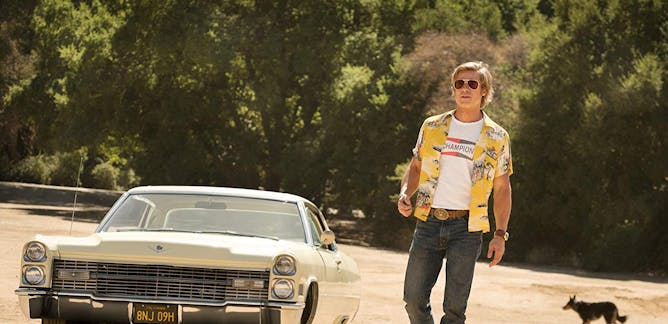
Christina Lee, Curtin University
Reservoir Dogs came out in 1992. 25 years later, Once Upon a Time in Hollywood is being released in a very different world – so how does the filmmaker, and his films – stack up today?
| |
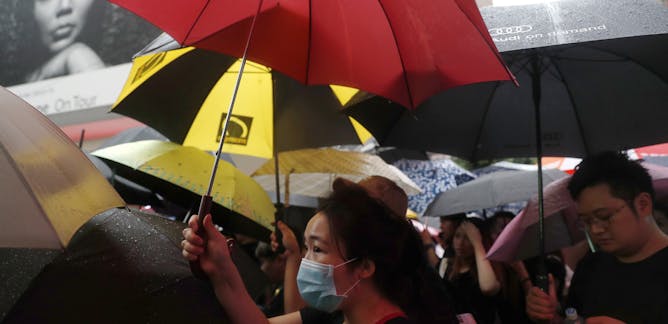
Malte Phillipp Kaeding, University of Surrey
Who are Hong Kong's protesters?
|

Chaminda Hewage, Cardiff Metropolitan University
You can't change your fingerprint if it's stolen like you'd change your password.
| |
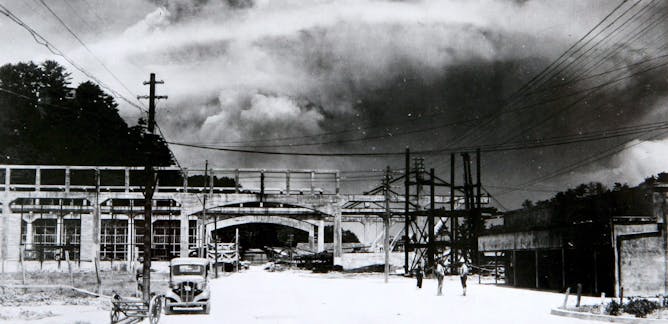
Benoît Pelopidas, Sciences Po – USPC; Fabrício M. Fialho, Sciences Po – USPC
With the risk of a nuclear conflict seeming higher than ever, how much do EU citizens really know about nuclear weapons and their use? A new survey provides striking answers.
|
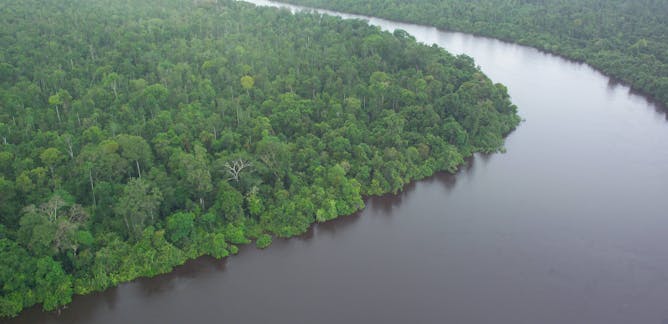
Nirarta Samadhi, World Resources Institute
Indonesia has permanently banned new clearing of primary forest and peatland. Here are three benefits of the policy.
| |
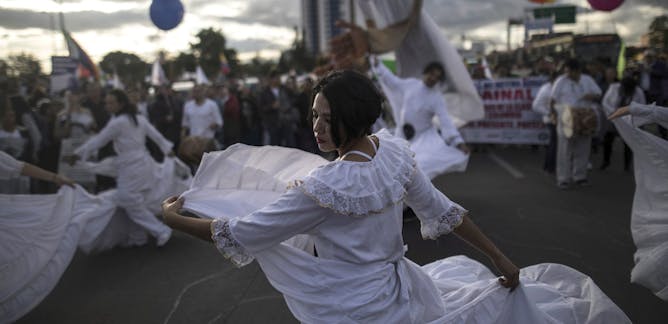
Diana M. Barrero Jaramillo, University of Toronto
In Colombia, a 2016 peace agreement does not contain the ongoing violence. Violence escalates as criminal armed groups replace the FARC rebels in a violent battle for land and resources.
|
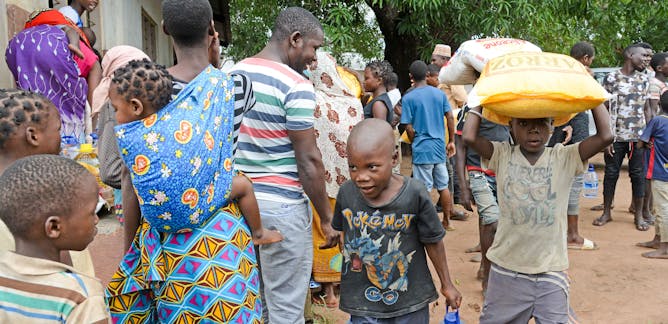
Sam Jones, United Nations University; Inge Tvedten, Chr. Michelsen Institute
Income is a useful measure for tracking economic progress over time. But a broader lens is needed to understand the relational and often political ways in which poverty emerges and is reproduced.
| |
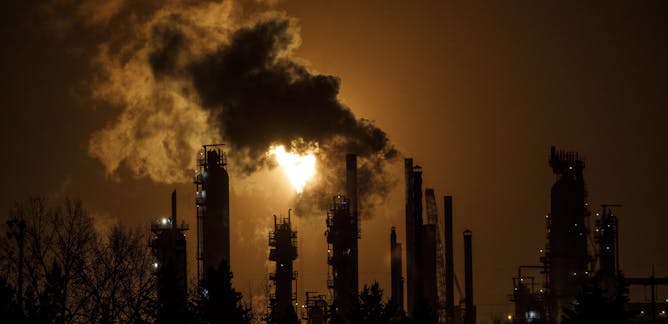
Dianne Saxe, York University, Canada
Environmental charities are worried about speaking out about climate change during the upcoming federal campaign for fear Elections Canada will consider their activities as "partisan."
|
|
|
| |
| |
| |
| |
| |
| |
|
|
|
|
|
|
|